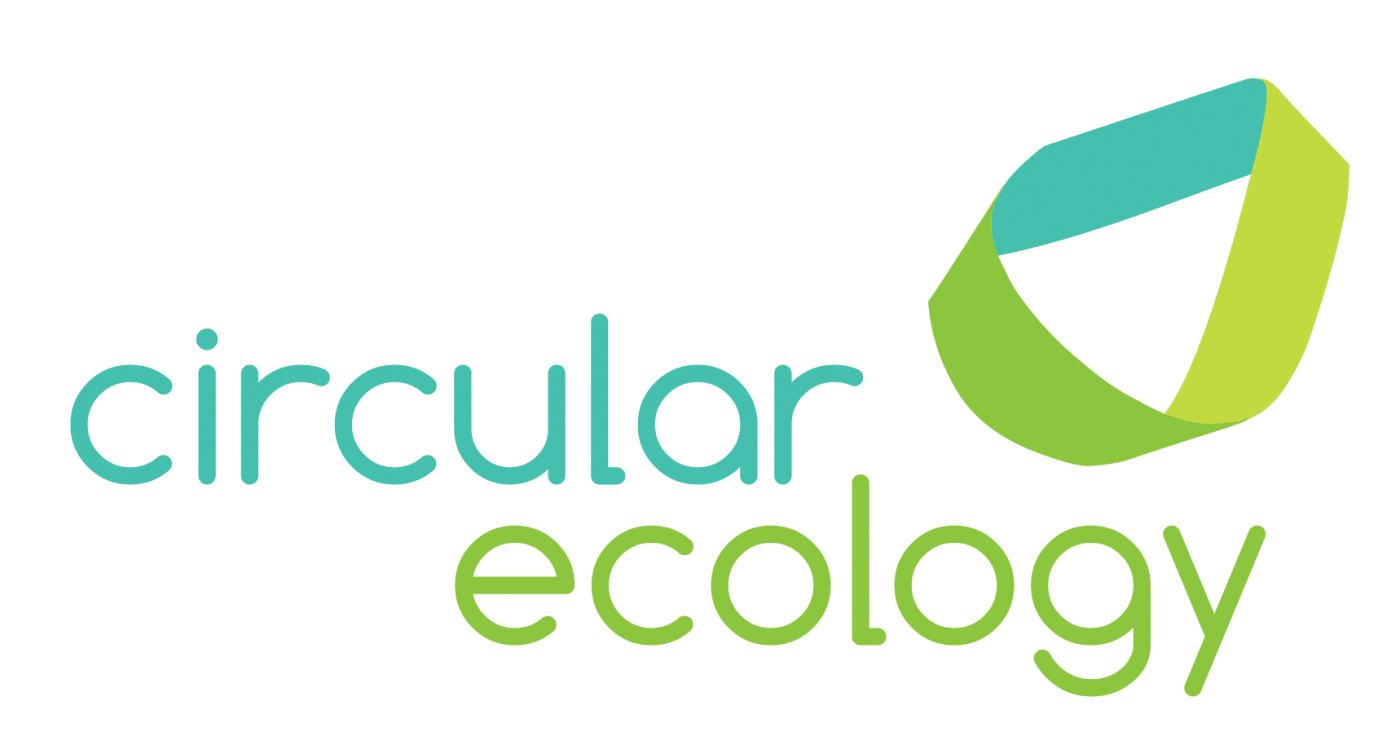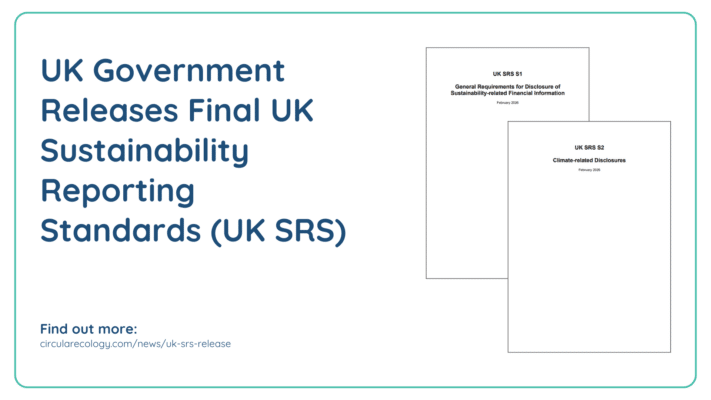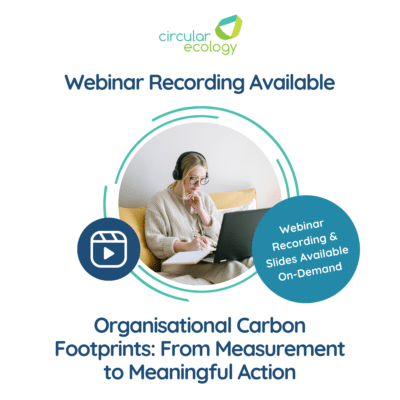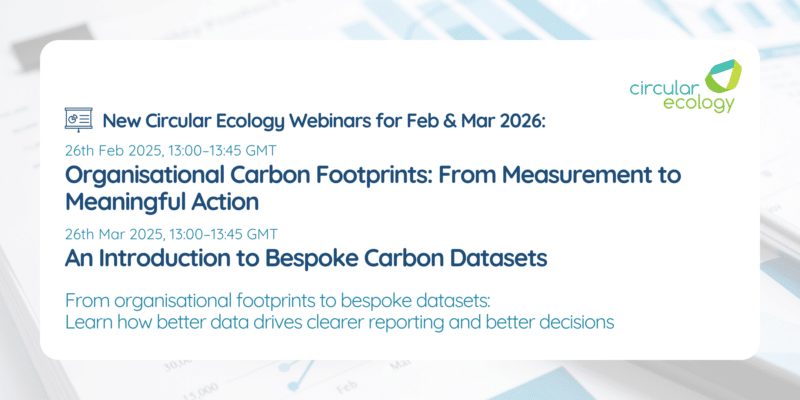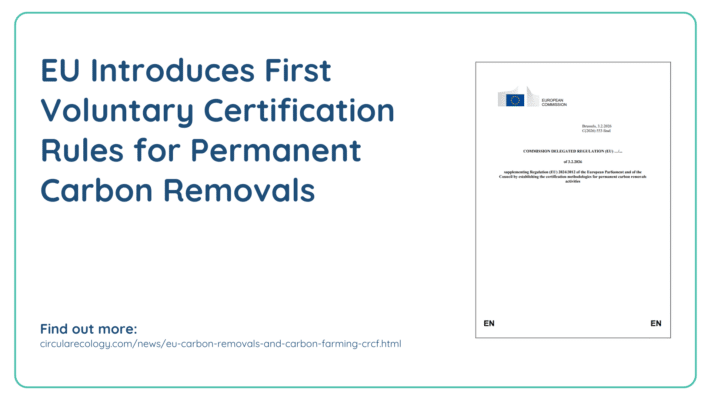Future Scaling Carbon Reductions Initiative (SCRI) Development Projects
A key part of our Mission Statement and purpose is to release impactful work; to enable scalable carbon reductions. We do this through the release of impactful data, tools and resources, for all to use.
In order to fund the development and maintenance of such resources, we have initiated a Scaling Carbon Reductions Initiative (SCRI), to divert some of the income from our sales towards resources that facilitate carbon emission reductions around the world. Below are just some of the development projects we would like to fund as part of this initiative.
The ICE Database
There are many areas of the ICE Database that we would like to update or introduce. Below, you will find a list of projects that we are seeking funding sources for. As a reminder, the ICE Database is a free resource, therefore by becoming a sponsor of these updates, the outputs will benefit many users of the new and improved data, helping to reduce carbon emissions in projects around the world.
Updates to Data for Materials:
- Aggregates
- Aluminium
- Asphalt & bitumen
- Carpets
- Copper
- Glass
- Iron
- Lime
- Plastics
- Sealants
- Zinc
- Further subcategorisation of paint category
- Natural material alternatives in other categories e.g. hemp insulation, natural rubbers etc.
New Categories:
- Cladding panels and systems
- Composites
- Doors
- Other flooring
- Raised access floors
- Waterproof membranes
UK Government Releases Final UK Sustainability Reporting Standards (UK SRS)
The UK Government has published the long anticipated UK Sustainability Reporting Standards (UK SRS S1 [...]
Feb
Webinar Recap: Organisational Carbon Footprints: From Measurement to Meaningful Action
In February’s free webinar, Jon Burrow (Head of Carbon Accounting) and Joe Rouse (Senior Consultant) [...]
Feb
Upcoming Webinars: Carbon Datasets, Org Footprints, EPD Production
Circular Ecology are pleased to announce two upcoming free webinars, offering practical guidance on two [...]
Feb
EU Introduces First Voluntary Certification Rules for Permanent Carbon Removals
The EU has introduced the “world’s first” voluntary rules for certifying permanent carbon removals under [...]
Feb
Other Updates:
- Three point uncertainty estimating approach
- Data quality indicator development for single data source entries (e.g. ICE data that is based on a single EPD or LCA)
- Weighting approaches for average of EPD analysis, e.g. weight by country, number of unique manufacturers, age of data…etc
- Adaptation to EN15804+A2 to separate fossil, land use change and biogenic carbon
- Method development for general factors for each material category
